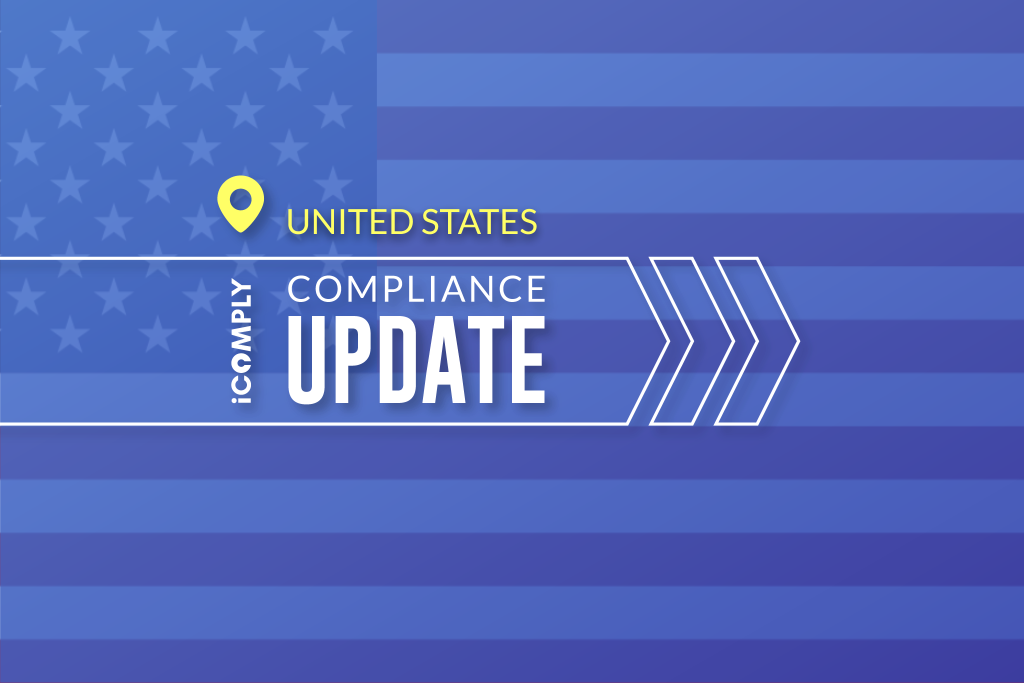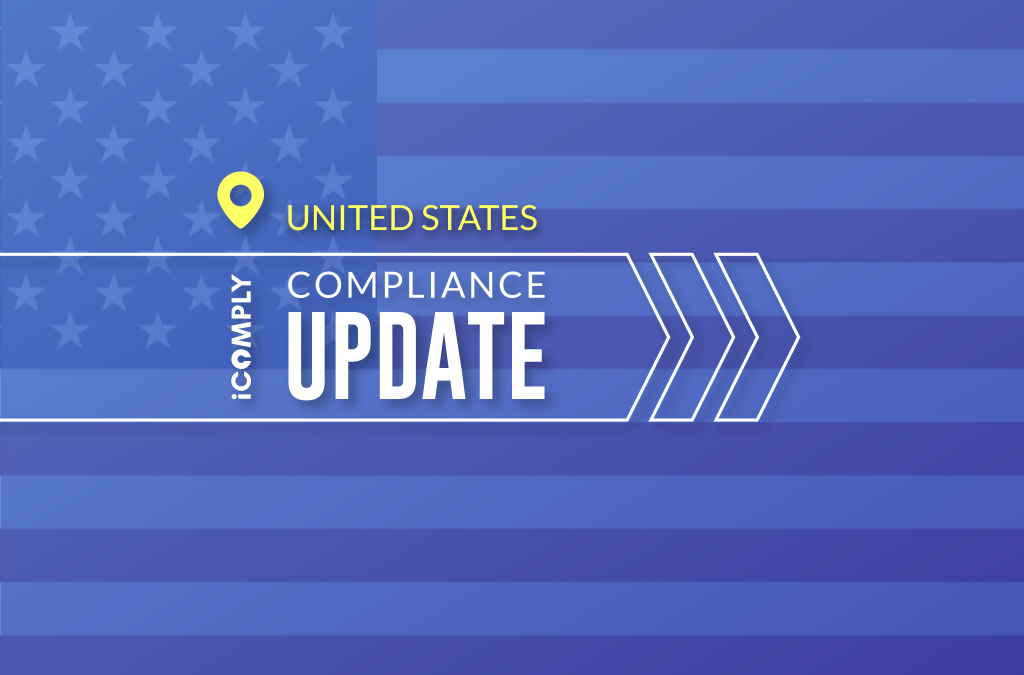SEC Takes Emergency Action Against High Street Capital ICO

The US regulator charges Pennsylvania-based ICO issuers with violating the antifraud provisions of federal securities laws
What Happened?
June 19, 2020: The Securities and Exchange Commission obtained a temporary restraining order and asset freeze against the companies Hvizdzak Capital Management, LLC, High Street Capital, LLC, and High Street Capital Partners, LLC. Brothers Sean Hvizdzak and Shane Hvizdzak offered securities in a private fund and allegedly misrepresented fund performance, fabricated financial statements, and forged audit documents.
Source: https://www.sec.gov/news/press-release/2020-137
Who Is Impacted?
Current investors and advisors of the project; companies that have conducted a non-compliant token offering.
Why This Matters?
While the Hvizdzak brothers clearly had fraudulent intentions, the current precedent shows that any company making misleading statements in its investor communications–even if by mistake–would be treated by the U.S. regulators in the same way.
While fraudulent schemes are not uncommon in the traditional securities world, the percentage of issuers conducting offering fraud and the misappropriation of investor proceeds is significantly higher in the ICO world–and thus attracts a lot of attention from regulators.
To avoid similar action, companies operating in the digital securities space should make sure that their investor communications are compliant.
What’s Next?
In addition to an asset freeze and a temporary restraining order, the court ordered an accounting audit, expedited discovery, and an order prohibiting the destruction of the entities’ documents. A hearing is scheduled for June 30, 2020, in order to consider continuing the asset freeze and the issuance of a preliminary injunction for a longer period.
learn more
Is your AML compliance too expensive, time-consuming, or ineffective?
iComply enables financial services providers to reduce costs, risk, and complexity and improve staff capacity, effectiveness, and customer experience.
Request a demo today.
KYC in Various Industries: Tailoring Compliance to Sector Needs
Know Your Customer (KYC) regulations are fundamental to maintaining security and compliance across different sectors. However, the requirements and practices for KYC can vary significantly depending on the industry. This article...
AML Risk Management: Strategies for managing AML risks in financial institutions.
Managing anti-money laundering (AML) risks is a critical responsibility for financial institutions. Effective AML risk management strategies help institutions identify, assess, and mitigate risks associated with money laundering...
Transaction Monitoring Techniques: Methods for effective transaction monitoring to detect suspicious activities.
Transaction monitoring is a critical component in the fight against financial crimes. By continuously analyzing transactions for suspicious activities, financial institutions can detect and prevent fraudulent activities such as...




